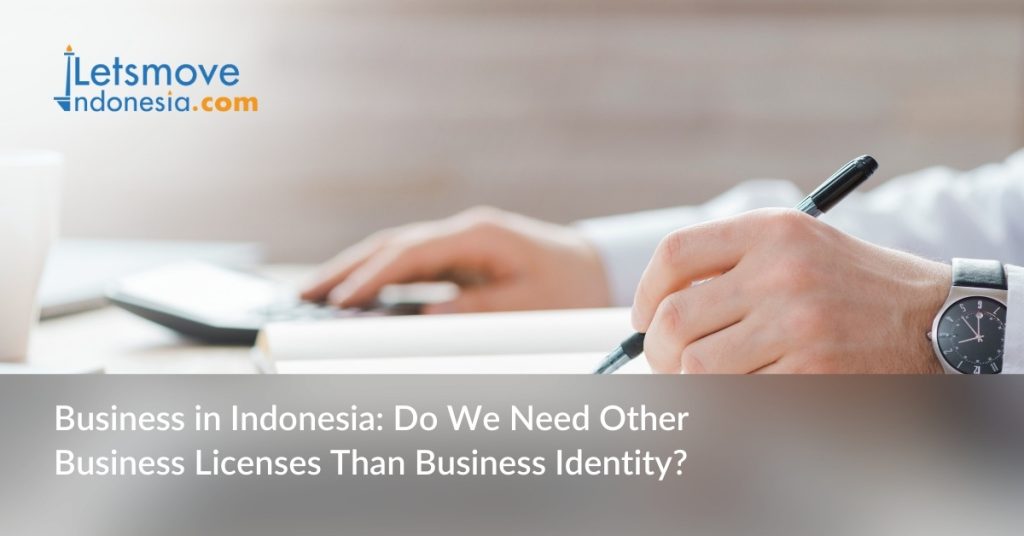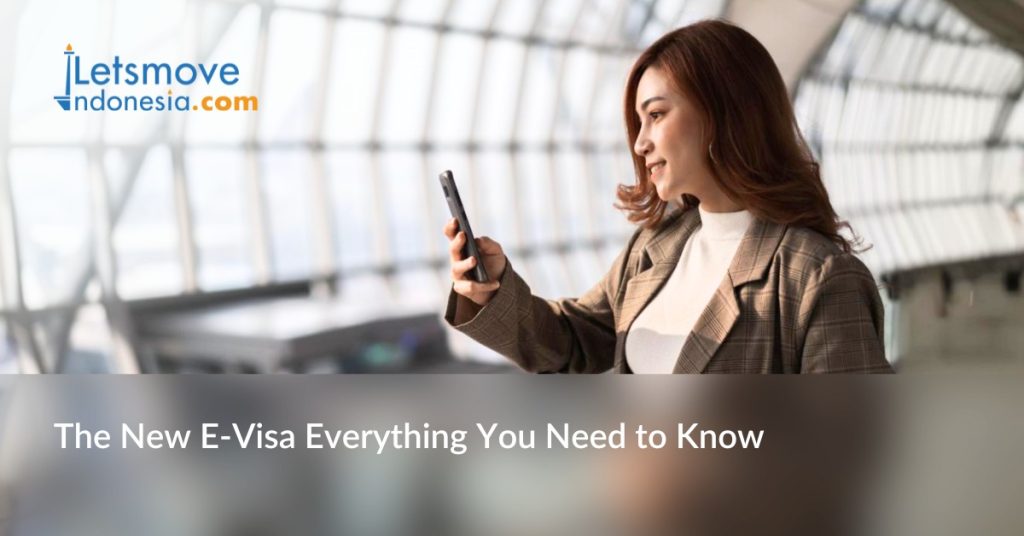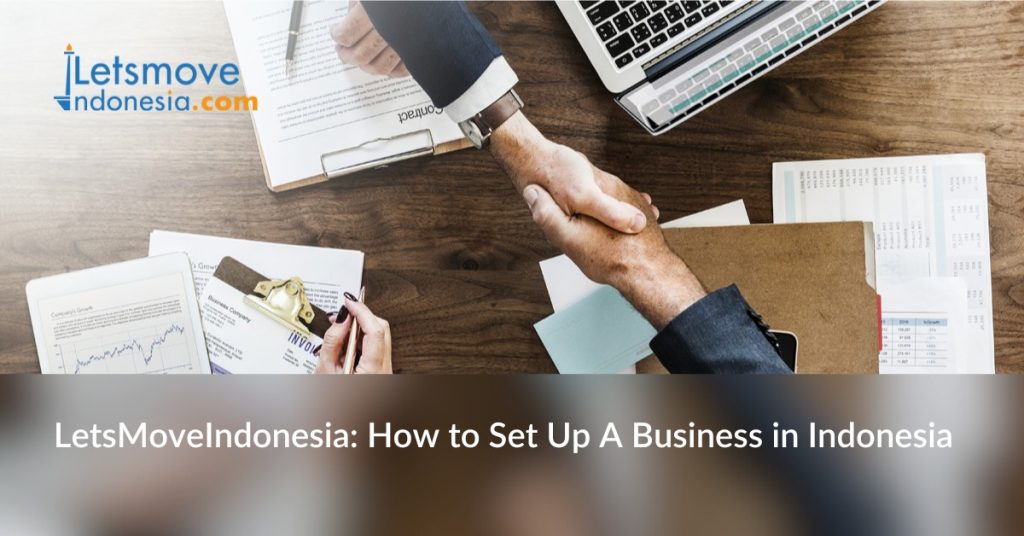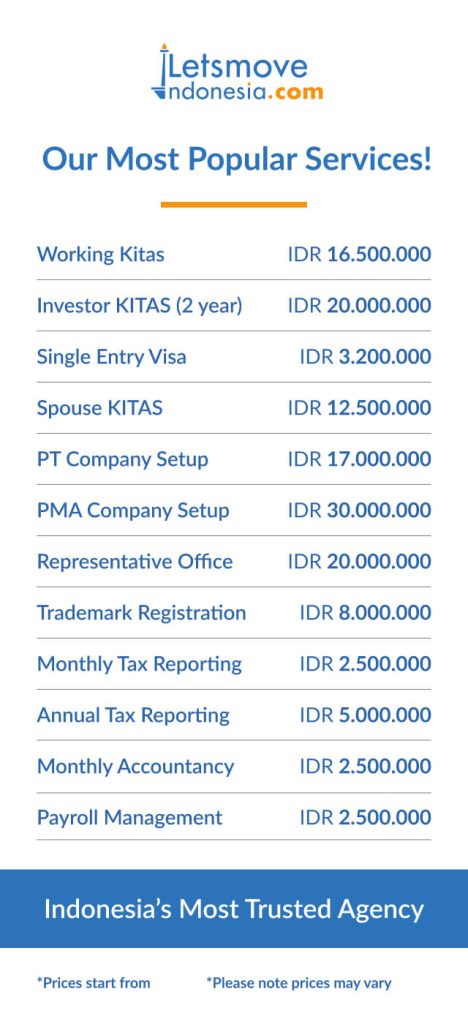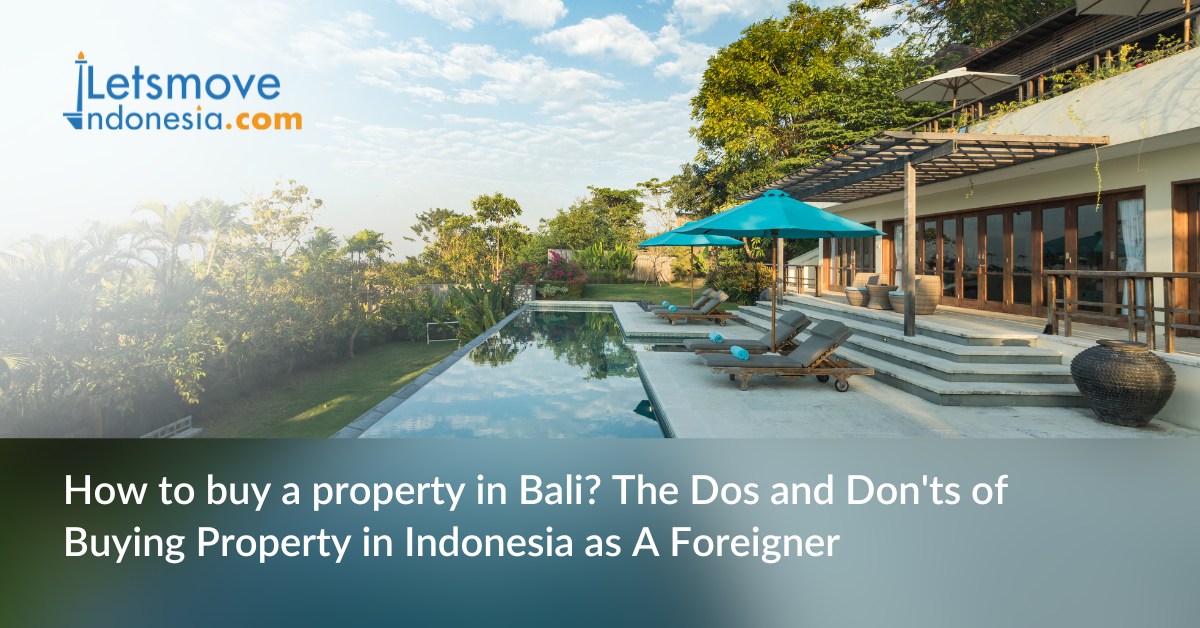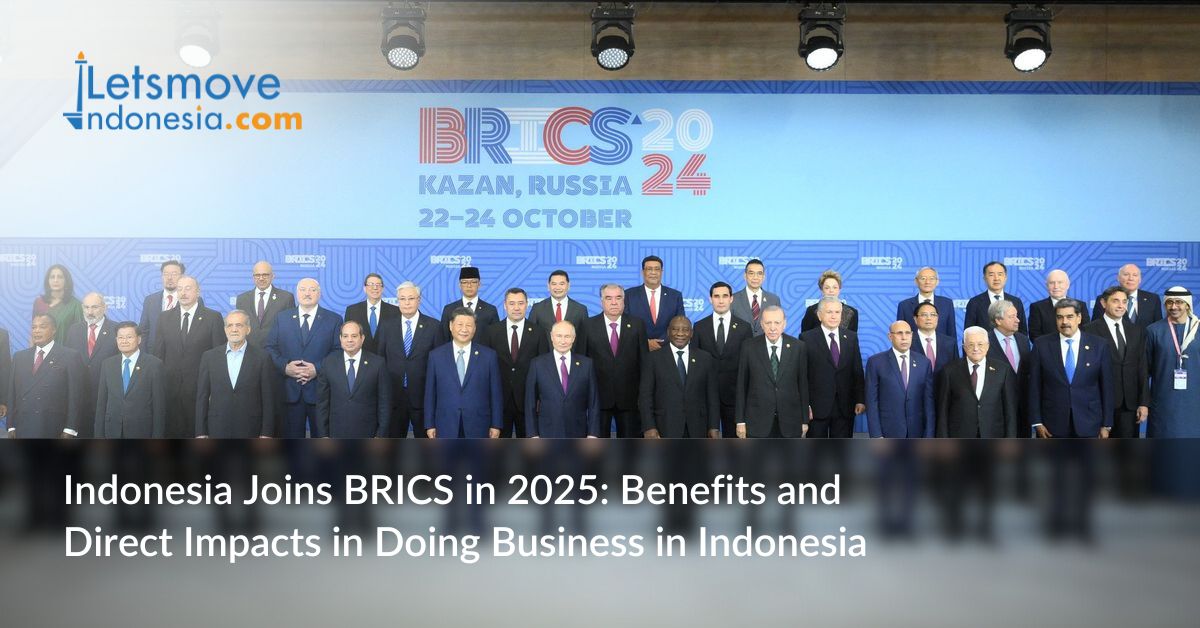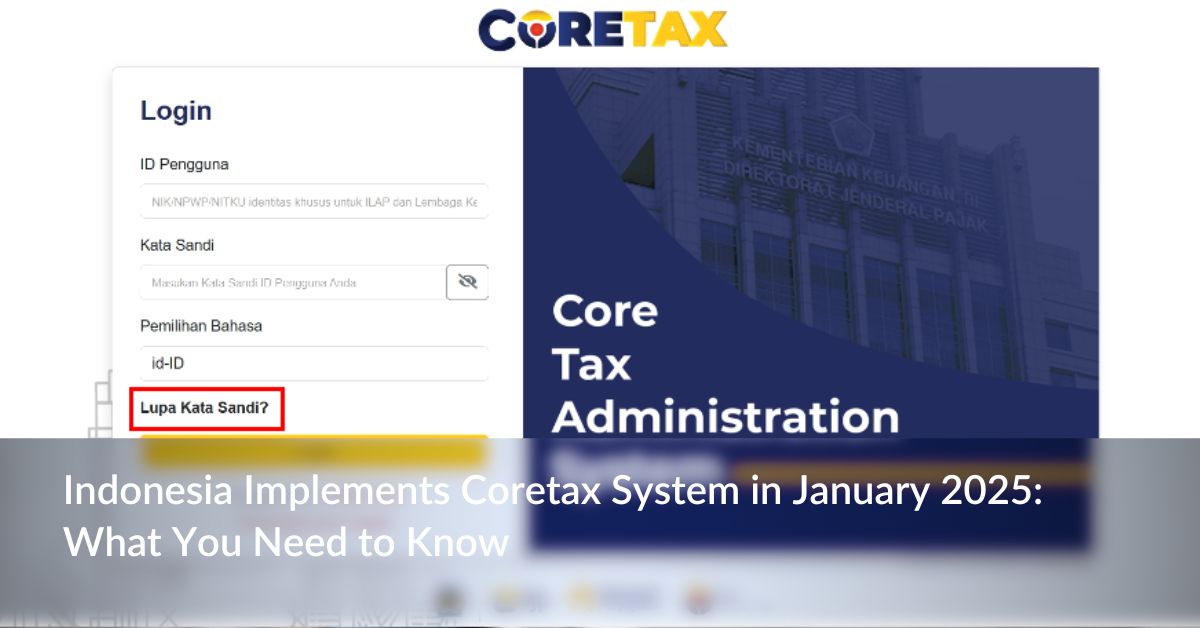Indonesia’s economic landscape is a captivating tapestry woven with threads of rich cultural heritage, a strategic geographic location, and a population exceeding 270 million. This powerful combination fosters a business environment brimming with potential for foreign enterprises.
However, venturing into this dynamic market necessitates navigating a comprehensive legal framework. A crucial first step in ensuring a smooth and successful business venture is understanding the Nomor Induk Berusaha (NIB), or Business Identification Number, and its role in securing the necessary licenses to operate legally in Indonesia.
The Importance of Business Licenses
Business licenses aren’t mere bureaucratic hurdles; they serve as vital pillars upon which your Indonesian venture rests. Here’s why they hold such significance:
Legal Recognition and Credibility
A valid business license demonstrates your commitment to operating within the legal framework. It provides official recognition from the Indonesian government and enhances your credibility with potential clients, partners, and investors.
Risk Mitigation
Operating without the appropriate licenses exposes your business to various risks. These include hefty fines, operational shutdowns, legal actions, and damage to your reputation. A valid license safeguards your business from such disruptions and potential losses.
Access to Resources
Many government-backed resources, financial incentives, and support programs are only accessible to businesses with the appropriate licenses. These resources can prove instrumental in your growth and expansion plans.
Consumer Confidence
Consumers in Indonesia are increasingly conscious of the legitimacy and quality of businesses. A valid license signals that your business adheres to industry standards and regulations, thereby fostering consumer trust.
Smooth Operations
A license ensures you comply with specific operational requirements, health and safety standards, and environmental regulations. This streamlines your operations and minimizes the risk of legal complications or disputes.
What is the NIB for Business in Indonesia?
The NIB is a unique 13-digit number assigned to every business entity in Indonesia. It serves as the foundation of your company’s legal existence, acting as a central identifier for various administrative processes. Imagine it as your company’s national identification number, similar to your own individual Tax Identification Number (NIK) but for businesses. The NIB simplifies interactions with the Indonesian government and streamlines business registration. It’s a vital first step that unlocks a gateway of opportunities for your company in Indonesia.
Types of Business Entities in Indonesia that Require a NIB
-
PT (Perseroan Terbatas)
Limited liability companies are the most common form of business entity for foreign investment in Indonesia. They offer a clear separation between personal and company assets, providing a layer of protection for foreign investors. The process of establishing a PT can be more complex than other structures, but the benefits often outweigh the initial hurdles.
-
Representative Office
Foreign companies who are still exploring the Indonesian market or establishing partnerships can set up a representative office. This type of entity cannot engage in direct sales or commercial activities but can conduct market research, promote the company’s products or services, and liaise with potential clients and partners.
-
Individual
Sole proprietorships are a popular option for Indonesians and can be suitable for foreign individuals offering freelance services or operating small businesses. However, there is no separation of personal and business assets, so it’s important to consider the potential risks involved.
-
UMKM (Usaha Mikro, Kecil, dan Menengah)
Local micro, small, and medium enterprises are the backbone of the Indonesian economy. The NIB simplifies the registration process for UMKMs and unlocks government support programs and tax benefits designed to foster their growth.
Why is the NIB Essential for Businesses in Indonesia?
The NIB isn’t just a formality; it unlocks a smoother business journey in Indonesia by acting as a foundational element for several key aspects of your operations:
-
Streamlined Administration
The NIB is your key to the Online Single Submission (OSS) system. This online platform simplifies applying for and obtaining various business licences and permits. No more navigating a bureaucratic labyrinth – the NIB grants you access to a user-friendly system that expedites the licensing process.
-
Essential for Other Licences
The NIB acts as a prerequisite for obtaining other crucial documents that are essential for business operations. This includes your Taxpayer Identification Number (NPWP), which allows you to meet your tax obligations and ensures you’re compliant with Indonesian regulations. Additionally, the NIB is required to secure permits for employing foreign workers (RPTKA), enabling you to tap into a wider talent pool and build a diverse team.
-
Proof of Legitimacy
The NIB serves as an official recognition of your business by the Indonesian government. It’s a tangible symbol of your company’s legal existence, enhancing your credibility with partners, clients, and financial institutions. When you present your NIB, you’re demonstrating your commitment to operating within the legal framework and adhering to Indonesian regulations. This fosters trust and confidence, which are essential for building strong business relationships and securing investment opportunities.
Process of Obtaining Your NIB in Indonesia
Acquiring your NIB is straightforward, thanks to the OSS system. You’ll need to prepare personal identification documents, company registration details, and information about your planned business activities. The entire process can often be completed online within minutes for small and medium-sized enterprises.
NIB Requirements for PT PMA in Indonesia
A NIB (Nomor Induk Berusaha) is a mandatory requirement for all PT PMAs (foreign ownership companies) to conduct business in Indonesia. It serves as the primary identification number for your company and is a prerequisite for obtaining other essential licenses and permits. Here’s what you need to know:
-
NIB as a Foundation: The NIB is the cornerstone of your PT PMA’s legal existence in Indonesia. It acts as proof of your company’s registration and serves as a reference for various administrative processes.
-
Obtaining Your NIB: You can apply for the NIB through the Online Single Submission (OSS) system, which simplifies the registration and licensing process for businesses in Indonesia. To obtain your NIB, you’ll need to provide the following:
- Company Details: Articles of Association, Deed of Establishment, and other relevant company documents.
- Investment Plan: Information about your planned business activities, investment value, and sector.
- Personal Identification: Identity documents of shareholders and directors.
-
Investment Requirements: PT PMAs are subject to specific investment requirements, which vary depending on the business sector. Generally, PT PMAs must meet a minimum capital investment threshold (currently IDR 10 billion or approximately USD 670,000, excluding land and buildings) to be eligible for a NIB.
-
Risk-Based Licensing: Indonesia’s licensing system follows a risk-based approach, meaning that the type and number of additional licenses required will depend on the potential risks associated with your business activities. High-risk sectors may require more permits and approvals than low-risk sectors.
-
Additional Licenses: After obtaining your NIB, you’ll need to apply for additional licenses and permits specific to your industry and activities. These may include:
- Business License (Izin Usaha)
- Commercial License (Surat Izin Usaha Perdagangan/SIUP)
- Other Sector-Specific Licenses (e.g., import licenses, environmental permits)
-
Ongoing Compliance: Maintaining your NIB is an ongoing process. You’ll need to ensure that your company information remains up-to-date in the OSS system and comply with all relevant regulations to keep your NIB valid.
Other Types of Business License in Indonesia
In addition to the fundamental NIB, Indonesia employs a multi-layered licensing system tailored to specific industries and business activities. These licences can be broadly classified into primary and non-primary categories:
Primary Business Licences
Primary business licences are foundational legal permits widely utilised across Indonesia’s corporate landscape. They are categorised based on the specific industry served.
Industrial Business Licence (IUI)
Entities engaged in manufacturing and production activities must obtain an IUI. This licence ensures compliance with stringent safety and quality standards.
Construction Business Licence (SBU)
The SBU is mandatory for businesses operating within the construction sector, including those involved in building, infrastructure development, and related activities. The SBU outlines safety regulations to minimise risks in construction projects.
Non-Primary Licenses
Non-primary licences encompass a wider range of sectors, including hospitality, food service, and transportation:
Restaurant License
Businesses offering food and beverage services must secure a restaurant licence. This licence mandates adherence to hygiene standards and regulations, ensuring consumer safety.
Hotel License
Establishments providing accommodation services must obtain a hotel licence. This licence governs various aspects of hotel operations, including cleanliness, safety, and security protocols.
Transportation License
Businesses engaged in transportation services, regardless of scale, must acquire a transportation licence. This licence primarily regulates safety measures to enhance passenger trust, including vehicle maintenance and adherence to transportation laws.
Understanding and securing the appropriate licences is crucial for legal compliance and the long-term success of your business in Indonesia.
If my Indonesian company already has an NIB, should I obtain other business licenses too?
While the NIB is a fundamental identifier, it’s not the only licence you’ll need. You will need additional licences specific to your industry and activities. These licences ensure legal compliance and protect your business from potential disruptions. One of the most common licenses people mistake as the main company identification is The Surat Izin Usaha Perdagangan (SIUP), or Trading Business License. It is a sector-specific permit granting you the legal authority to conduct commercial activities.
Simply put:
- NIB: Your company’s “birth certificate” – it proves you exist legally.
- SIUP: Your “driver’s license” – it allows you to operate your specific type of business.
It’s essential to understand the distinction between primary business licenses and non-primary licenses to ensure compliance with Indonesian law. Essentially, the primary license is a general permit that applies to various businesses, while the non-primary license is limited to specific establishments.
When it comes to the registration process, obtaining a primary license involves minimal paperwork and can usually be done online. On the other hand, obtaining a non-primary license requires more effort due to numerous regulatory requirements.
Don’t risk your business, get licensed now!
At Lets Move Indonesia, we understand navigating Indonesian regulations can be daunting. Our experienced consultants simplify the process, ensuring you obtain the correct licences and permits efficiently. We handle the paperwork, guide you through the requirements, and provide ongoing support as your business grows.
Starting a business in Indonesia without the proper licenses can lead to severe consequences, including fines, business closure, and even legal action. By securing the NIB and other necessary permits, you’re not just complying with the law – you’re investing in the long-term success and security of your venture in Indonesia.
Contact Lets Move Indonesia today, and let us help you embark on your Indonesian business journey confidently.
Found this article interesting? Check out our other useful articles about business updates here!
Navigating BPOM Regulations for Market Entry in Indonesia: A Comprehensive Guide
The Indonesia Visa on Arrival 2024 – Everything you need to know now!Indonesia Work Permit (2024): A Comprehensive Guide for Foreign Professionals
